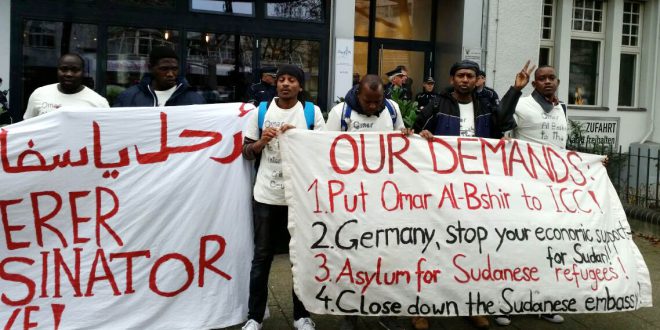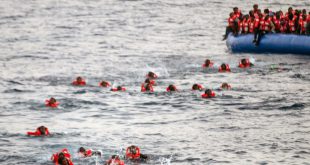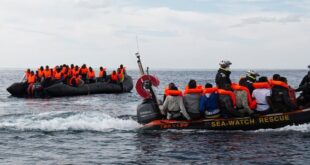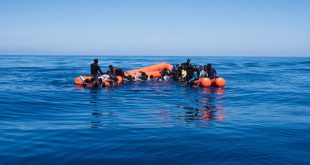The European Court of Human Rights has accepted all the appeals presented by Sudanese nationals against the Italian government for their collective forcible removal on August 24, 2016, under an agreement between the Italian police chief and his Sudanese counterpart.
The ECHR has formally notified the Italian government of the appeals and asked for specific information in order to better understand the way in which the expulsion was carried out and whether the rights and guarantees provided for by the European Convention were respected.
Transported ‘in inhuman conditions’
“The Sudanese nationals were subject to a genuine ’round up’ in Ventimiglia, some were transported in inhuman conditions and then detained illegally in the hotspot in Taranto,” the association ARCI explains. “Then there was the attempt to repatriate all of them. Some were effectively returned to Sudan and 5 of them met with representatives of the Association for legal studies on immigration (ASGI) and ARCI, who went to Khartoum the following December thanks to the support of a delegation of MEPs from the European Left. All those who were not repatriated “obtained international protection in Italy since they were subject to persecution and discrimination in their country of origin,” continues ARCI.
Government to reply by 30 March
The appeals denounce “the violation of various norms of the European Convention on human rights and Geneva Convention” and the Italian government must account for its actions before the court by March 30. “Legal action is one of the initiatives undertaken to counter the process of externalising the borders and right to asylum enacted by the Italian government, which over the last year has also led to the new agreements with Libya and more recently also with Niger, where Italy will send soldiers and weapons. ASGI has also appealed against the use of development cooperation funds to finance strengthening the Libyan coast guard.”
© ANSA
 THE AFRICAN COURIER. Reporting Africa and its Diaspora! The African Courier is an international magazine published in Germany to report on Africa and the Diaspora African experience. The first issue of the bimonthly magazine appeared on the newsstands on 15 February 1998. The African Courier is a communication forum for European-African political, economic and cultural exchanges, and a voice for Africa in Europe.
THE AFRICAN COURIER. Reporting Africa and its Diaspora! The African Courier is an international magazine published in Germany to report on Africa and the Diaspora African experience. The first issue of the bimonthly magazine appeared on the newsstands on 15 February 1998. The African Courier is a communication forum for European-African political, economic and cultural exchanges, and a voice for Africa in Europe.



























